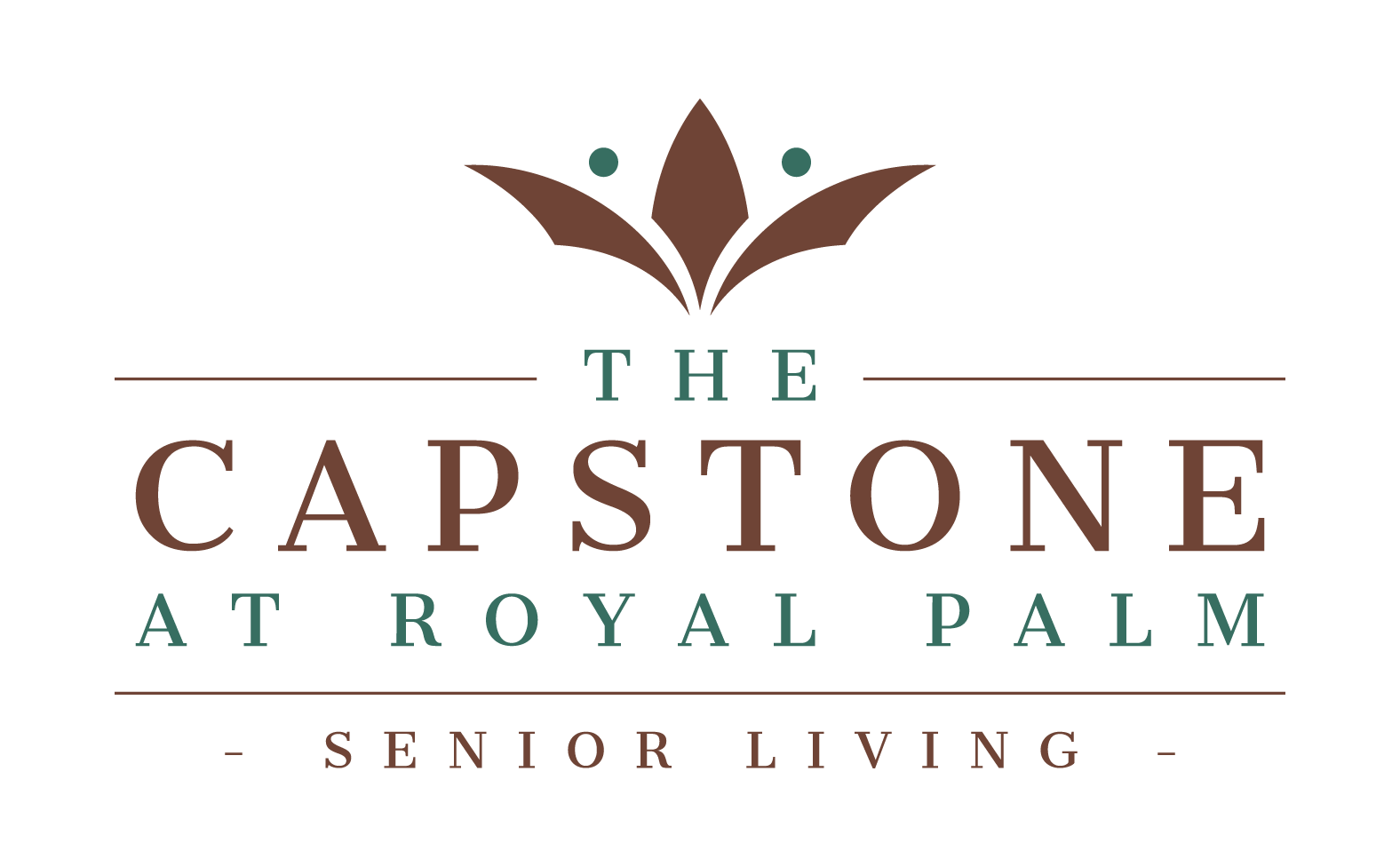Within senior care, the concept of comprehensive healthcare in assisted living facilities plays a pivotal role in ensuring the well-being of residents. At present, over 800,000 Americans call assisted living their home. Women comprise 70% and men 30% of this population.
Half of these individuals are aged 85 and over. This reflects the increasing need for tailored healthcare services as people age. Additionally, 40% of residents grapple with Alzheimer’s disease or other forms of dementia, while a comparable number manage high blood pressure.
Understanding the intricacies of healthcare services within assisted living settings is essential for families and caregivers alike. In this blog post, we’ll demystify the idea of healthcare in assisted living.
We’ll also shed light on the services provided, the importance of quality, and more. Ready? Let’s get started.
Resident Needs and Medical Conditions
Let’s begin by considering some statistics from the American Health Care Association. This is important because understanding the needs of residents in assisted living is crucial for comprehending the role of healthcare services in these settings.
64% of residents require assistance with bathing, highlighting the necessity of personal care support. Similarly, 50% need help with walking. This highlights the importance of mobility assistance.
Additionally, 49% require aid with dressing, 43% with toileting, and 34% with bed transfer. This underscores the wide spectrum of assistance required for daily activities.
Moreover, 22% need assistance with eating. This emphasizes the significance of nutritional support.
Furthermore, the prevalence of various medical conditions adds complexity to healthcare management in assisted living. 48% of residents today have high blood pressure, 17% have diabetes, 42% have Alzheimer’s disease or dementia, 31% have heart disease, and 29% have depression.
These statistics highlight that healthcare professionals must address diverse health needs within assisted living communities.
Understanding Assisted Senior Living
Assisted living communities are residences designed for seniors who need help with daily activities. These include tasks such as bathing, dressing, and medication management.
These communities come in various types. These include apartment-style buildings and small homes that offer different levels of care based on residents’ needs.
Some provide basic assistance, while others offer more extensive medical care. Services in assisted living often include:
- Meal preparation
- Housekeeping
- Transportation
- Assistance with activities of daily living
Residents may also have access to recreational activities, wellness programs, and social events. These help to maintain a fulfilling lifestyle.
Unlike nursing homes, which offer round-the-clock medical care, assisted living facilities provide more independence with assistance as needed. Independent living is similar to assisted living but it caters to seniors who don’t require assistance with daily tasks.
Assisted living serves as a middle ground between independent living and nursing homes. It offers support for seniors who need help with daily tasks but don’t require round-the-clock medical attention.
It offers a supportive environment for those needing some help but still valuing their independence.
The Role of Healthcare Services
Healthcare services in assisted living include medical care, medication management, and assistance with health-related tasks.
These services aim to support residents in maintaining their health and well-being. Healthcare support is crucial for seniors in assisted living to:
- Manage chronic conditions
- Receive timely medical attention
- Prevent health complications
Access to healthcare services enhances their quality of life and promotes overall wellness.
Healthcare teams in assisted living typically consist of nurses, certified nursing assistants (CNAs), and visiting physicians. These professionals collaborate to provide personalized care tailored to residents’ needs and preferences.
Demystifying Healthcare Services
Properly understanding healthcare services in assisted living is essential for families and residents alike. These services encompass various aspects of medical care and support tailored to meet the unique needs of seniors.
Medical care availability in assisted living includes access to healthcare professionals such as nurses, doctors, and therapists. These professionals provide comprehensive care to residents.
Medication management ensures that seniors receive their medications safely and on time. This minimizes the risk of medication errors and adverse effects.
Emergency response systems are also in place to provide prompt assistance in case of medical emergencies. This provides reassurance to residents and their families.
Again, by properly understanding the role of healthcare services, families can make informed decisions about the best care options for their loved ones. This helps to ensure they receive the support they need to thrive in their later years.
Addressing Common Concerns
Addressing common concerns about assisted living healthcare is crucial for fostering trust and understanding among residents and their families. By dispelling misconceptions, explaining resident rights, and providing tips for effective communication, we can ensure a positive experience for all.
Misconceptions about Assisted Living Healthcare
Many people have misconceptions about the level of healthcare provided in assisted living. It’s important to clarify that assisted living communities offer support with daily tasks and medication management. However, they are not nursing homes and may not provide the same level of round-the-clock medical care.
Assisted living is designed for seniors who need some assistance with daily activities but do not require constant medical attention.
Resident Rights in Healthcare Decision-Making
Residents in assisted living have rights when it comes to their healthcare decisions. They have the right to be involved in decisions about their care. This includes choosing their healthcare providers and participating in treatment plans.
It’s essential for residents and their families to understand these rights and advocate for their loved ones’ preferences and needs.
Tips for Effective Communication with Healthcare Staff
Effective communication with healthcare staff is key to ensuring that residents’ needs are met. Families can encourage open communication by:
- Building rapport with staff
- Asking questions about elderly care plans
- Providing feedback on their experience
Clear and respectful communication helps to establish trust and collaboration between families, residents, and healthcare professionals. This ultimately enhances the quality of care provided in assisted living settings.
Comprehensive Healthcare in Assisted Living
To sum up, understanding the intricacies of comprehensive healthcare in assisted living is crucial for ensuring the well-being of seniors. This will allow you to understand if an assisted senior living community is right for you or your loved one.
Families are encouraged to seek out quality healthcare services for their loved ones in assisted living facilities. Places like The Capstone at Royal Palm Senior Living, a leading assisted living community in Florida, offer modern and comfortable retirement living. This is perfect for seniors seeking an active lifestyle among like-minded peers.
Schedule a tour today at The Capstone at Royal Palm Senior Living.



